detail profile francisco santos

Info Pribadi
Peran Yang Di Mainkan Francisco Santos
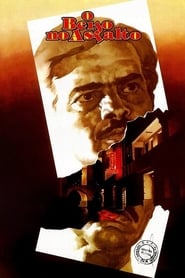 When a pedestrian is hit by...
When a pedestrian is hit by...The Kiss 1981
When a pedestrian is hit by a bus, the simple clerk Arandir runs and kisses the moribund in a gesture of sympathy and unconditional pure love. Opportunist photographer Amado Pinheiro witnesses the scene and sees the opportunity to sell newspaper and, together with the despicable and abusive chief of police Cunha, accuses Arandir of homosexuality.
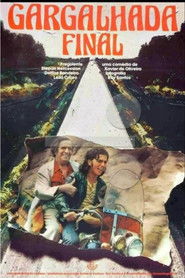 Father and son are members of...
Father and son are members of...Gargalhada Final 1979
Father and son are members of a decadent circus. Tired of being constantly criticized by the owner of the circus, Trombada, the ventriloquist, makes a joke about his boss, and the two fight. The clown Marreco hits their boss on the head. Now the two have to run from the police while living an adventure.
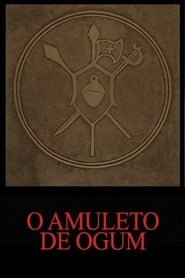 An ubiquitous folk singer narrates the...
An ubiquitous folk singer narrates the...The Amulet of Ogum 1974
An ubiquitous folk singer narrates the tale of a young boy, who apparently becomes immune to gunfire after his mother arranges for him to have an amulet bearing Ogum's blessings. As time goes by, he becomes a valuable member of a mobster's hit-team, but ends up joining a group of people who resist his original employers.
 In search of a better life...
In search of a better life...The Big City 1966
In search of a better life, Luzia leaves the Northeast of Brazil and goes to Rio de Janeiro, looking for her fiance who went first to pave their way. Alone in the Marvelous City, she is forced to accept the friendship and protection of Calunga and, later, the company of Inácio.
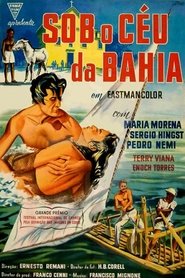 Sob o Cu da Bahia is...
Sob o Cu da Bahia is...Sob o Céu da Bahia 1956
Sob o Céu da Bahia is a 1956 Brazilian adventure film directed by Ernesto Remani. It was entered into the 1956 Cannes Film Festival.
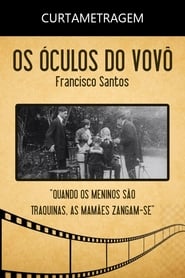 A naughty boy paints his grandfathers...
A naughty boy paints his grandfathers...Grandpa's Glasses 1913
A naughty boy paints his grandfather's glasses while he sleeps. Upon awakening, the grandfather is frightened by the imagined blindness, creating a series of confusions in the house. Brazil's first fiction film which was destroyed. Only a few fragments are available.
 Young guy from the poor Northeast...
Young guy from the poor Northeast... After assaulting a Hollywood film crew...
After assaulting a Hollywood film crew... In the 1930s a blacksmith is...
In the 1930s a blacksmith is... After the death of her handsome...
After the death of her handsome...
 Otavio has to find and marry...
Otavio has to find and marry...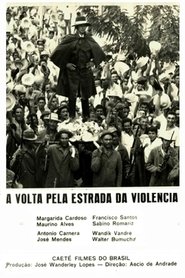
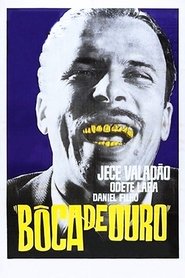 After a powerful outlaw dies a...
After a powerful outlaw dies a...